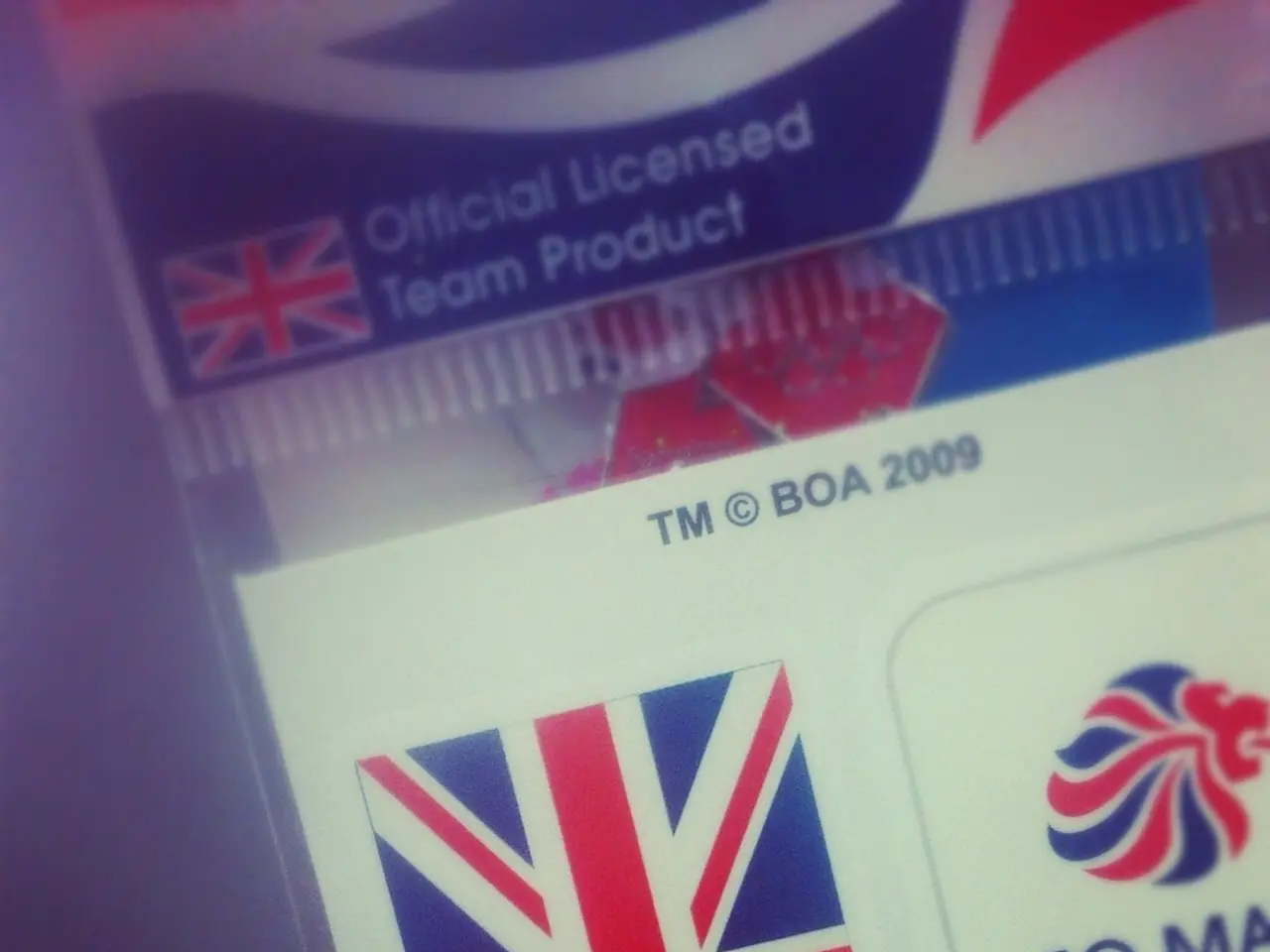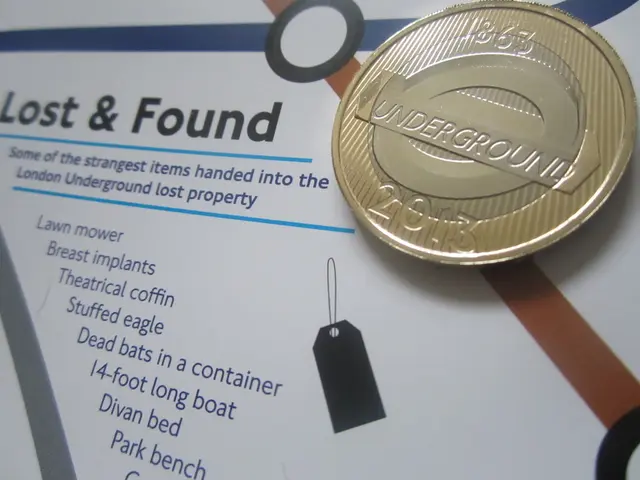Discourse on the UK Government's Blueprint for Internet Safety: Public Feedback Expressed
The UK government published an 'Online Harms White Paper' in April 2019, proposing a new regulatory framework for online safety. The paper suggests the creation of an 'online sheriff,' a regulatory body responsible for regulating content and activity on the Internet.
The proposed online sheriff, however, does not clarify if it will have a strong commitment to safeguarding freedom of expression. This ambiguity has raised concerns among digital rights groups and businesses.
The Center for Data Innovation, for instance, submitted comments on the White Paper, arguing that it could restrict legitimate online content without due process. The organization believes the proposal could hurt digital businesses, limit access to information, and damage freedom of expression for millions of users.
The broad definition of 'online harms' in the White Paper is another concern. It potentially outlaws protected speech in Western democracies, a risk that digital rights groups find unacceptable.
Moreover, the decision-making process of the online sheriff lacks checks and balances. This could impact access to information and free speech, as decisions could be made without proper oversight.
The proposal also imposes liability on companies for content they may only be hosting, caching, or transmitting. This could lead to significant self-censorship by companies, fearing severe sanctions for non-compliance, including personal and criminal liability on senior management.
The White Paper reflects a lack of consideration for the realities of the online ecosystem. Critics argue that it fails to take a more cautious approach compared to previous attempts to regulate the Internet by EU policymakers and EU member states.
Examples of such controversial attempts include the EU copyright directive, the EU online terrorist content proposal, the German law on hate speech, and the French law on disinformation.
In response to the White Paper, the Open Rights Group (ORG) submitted a comment, authored by Claire Anderson. The ORG expressed similar concerns about the potential impact on freedom of expression and digital businesses.
As the debate around the 'Online Harms White Paper' continues, it is crucial to ensure that any new regulatory framework strikes a balance between online safety and the protection of fundamental rights and freedoms.
Read also:
- Transforming Digital Inventories in the Food Industry: A Comprehensive Guide for Food Businesses
- 1. Key Points for August 14: Gathering in Alaska, Immigration Enforcement (ICE), Financial service Zelle, Infowars, and Air Canada Airline Incidents
- Automobile manufacturer IM Motors reveals an extended-range powertrain akin to installing an internal combustion engine in a Tesla Model Y.
- Conflict Erupts Between Musk and Apple Over Apple Store's Neglect of Grok




